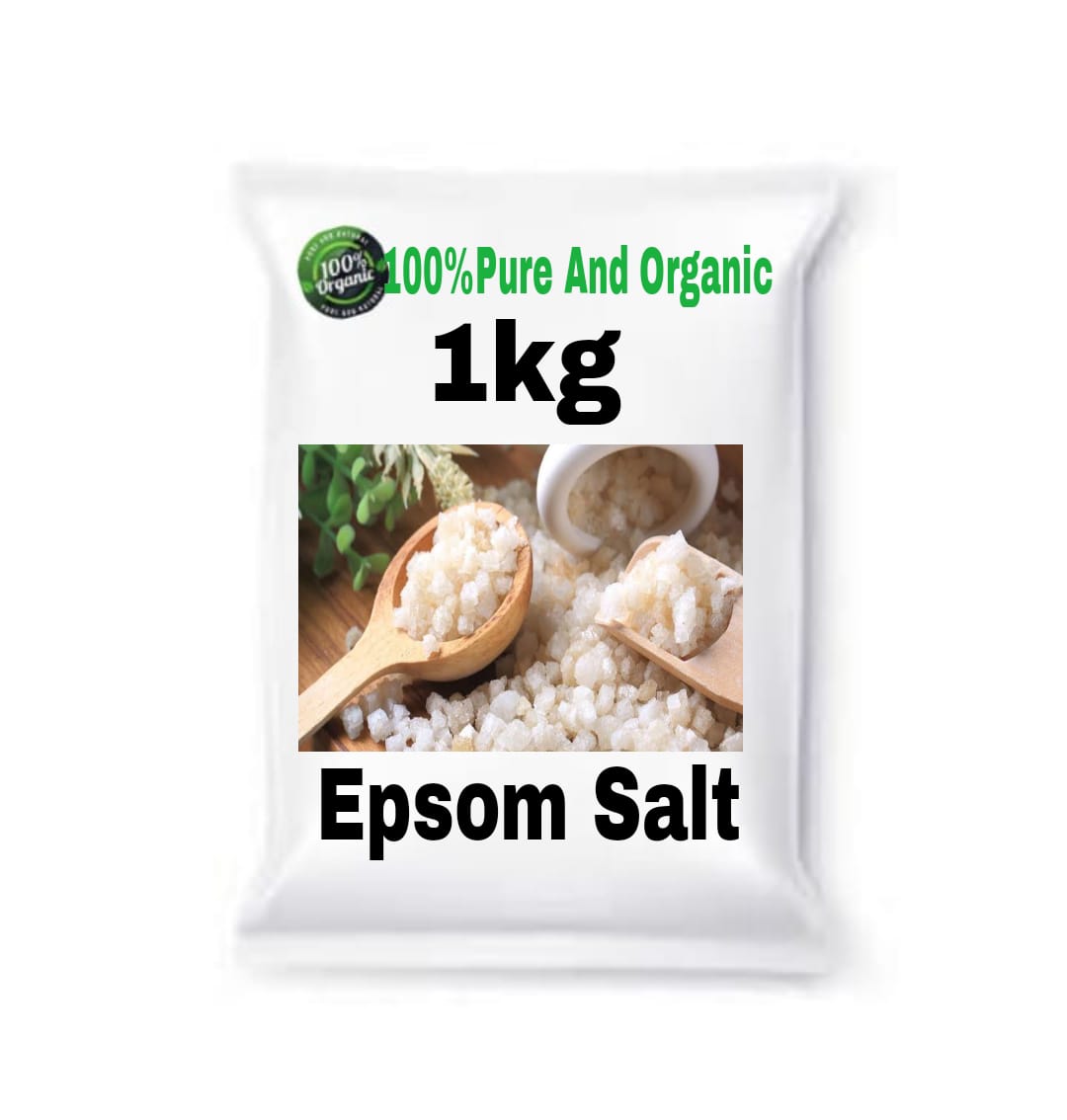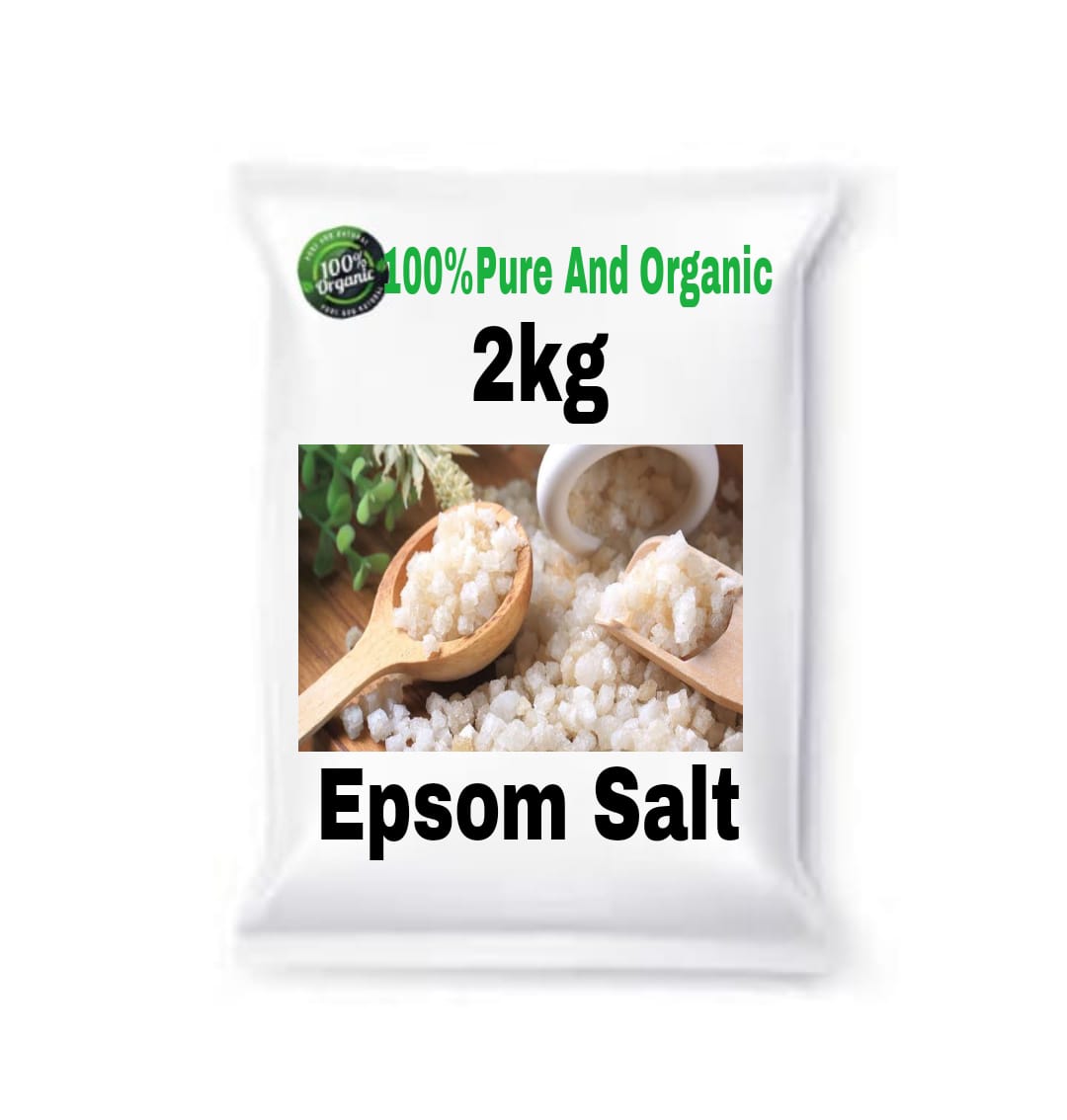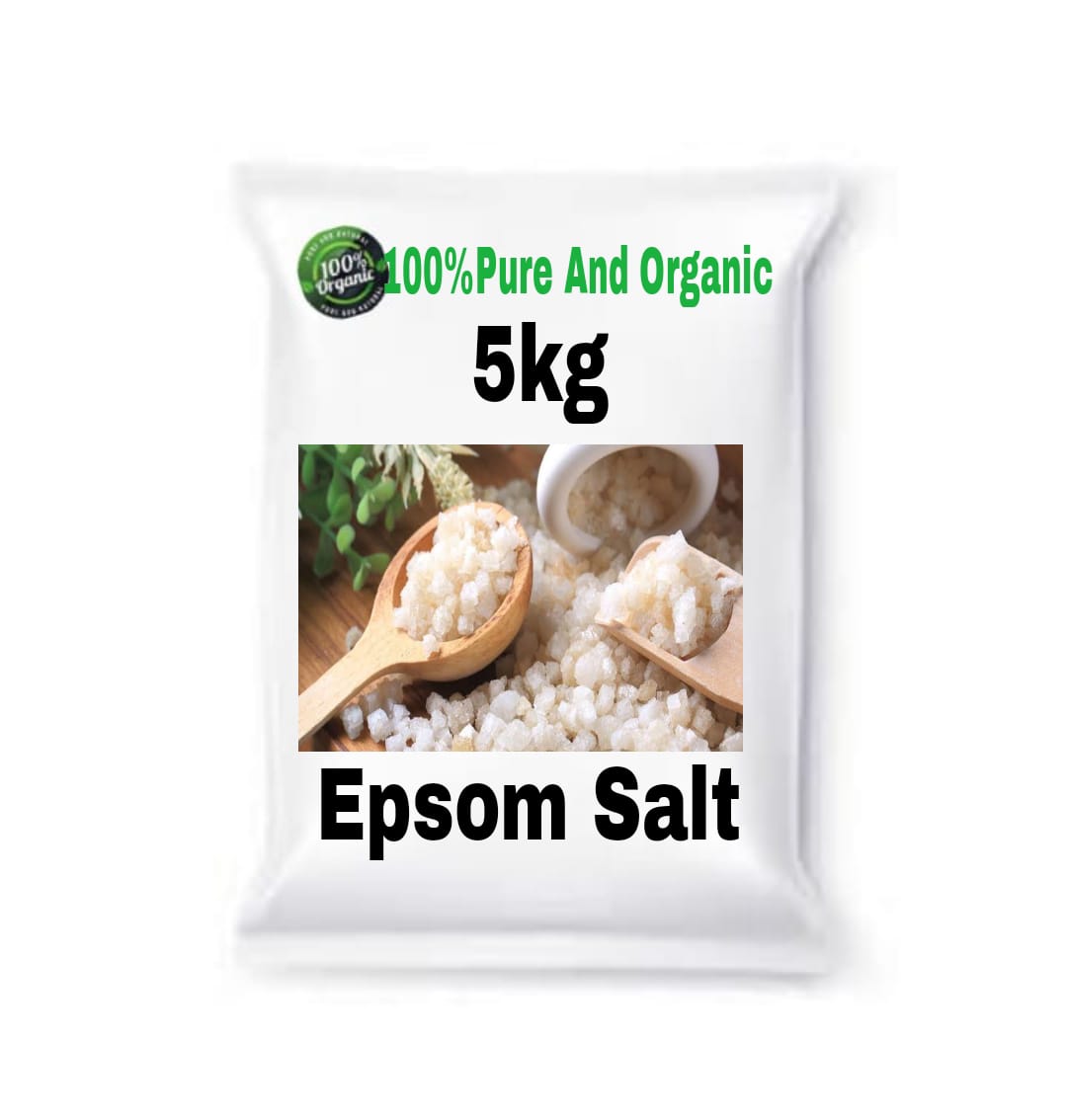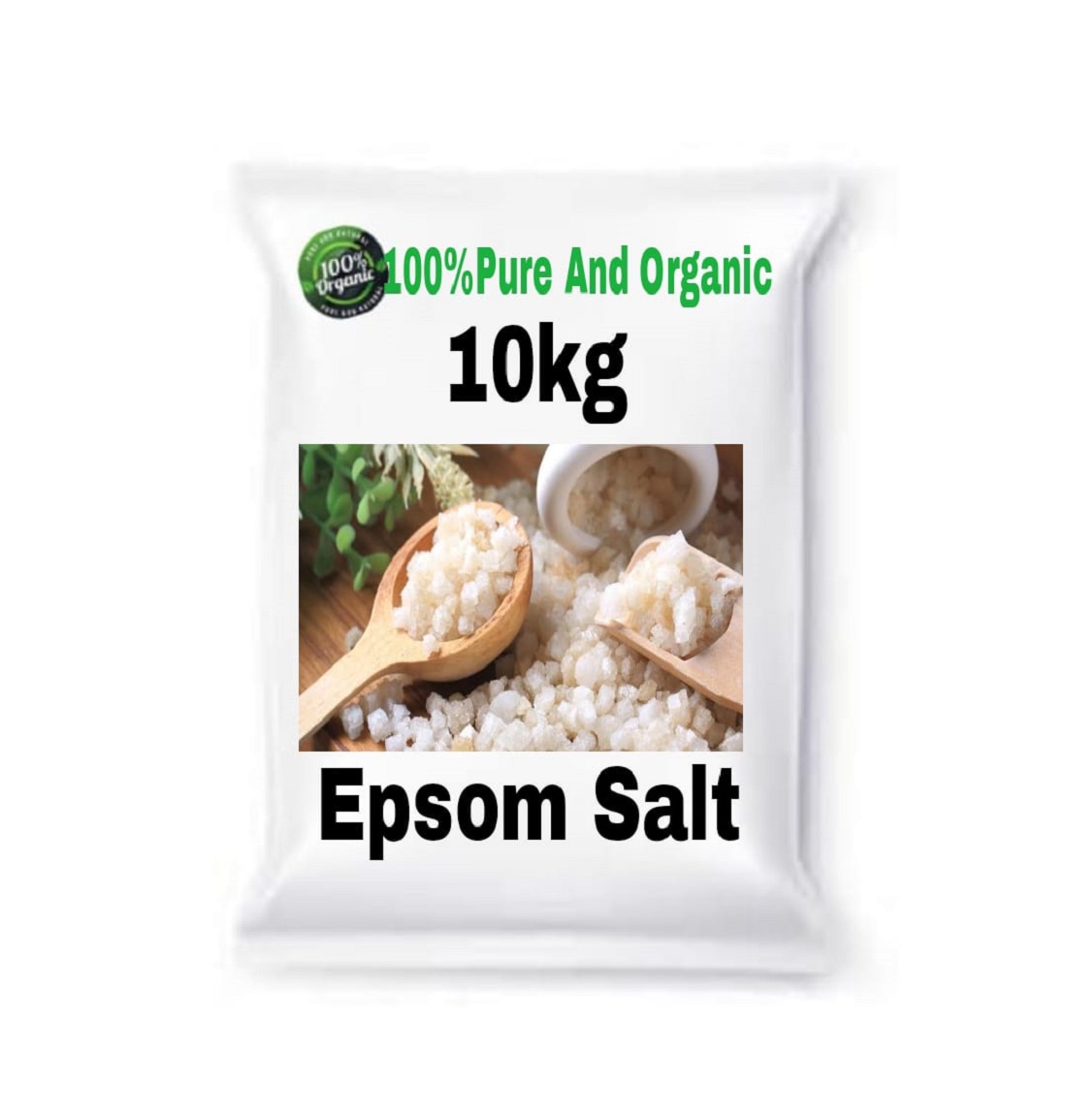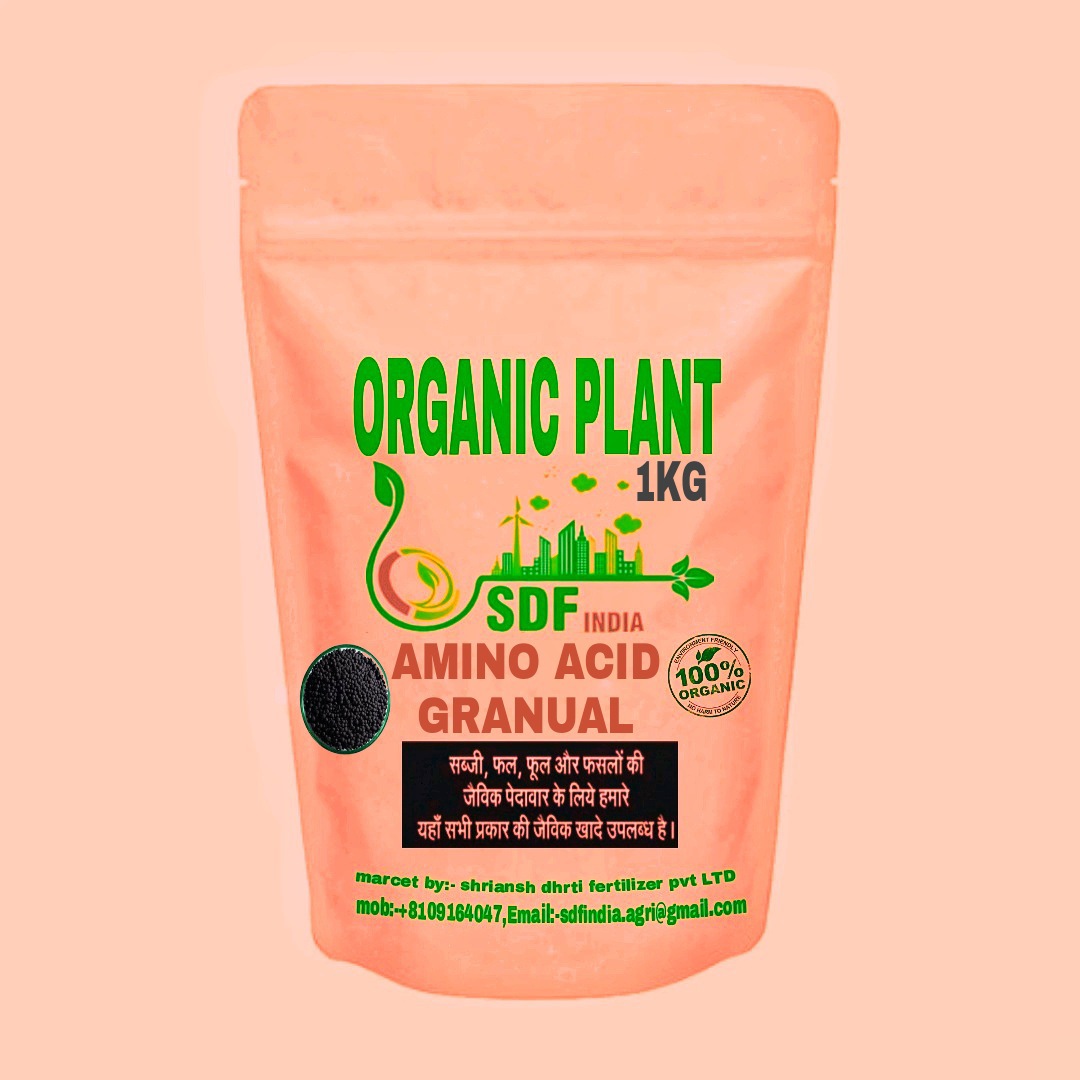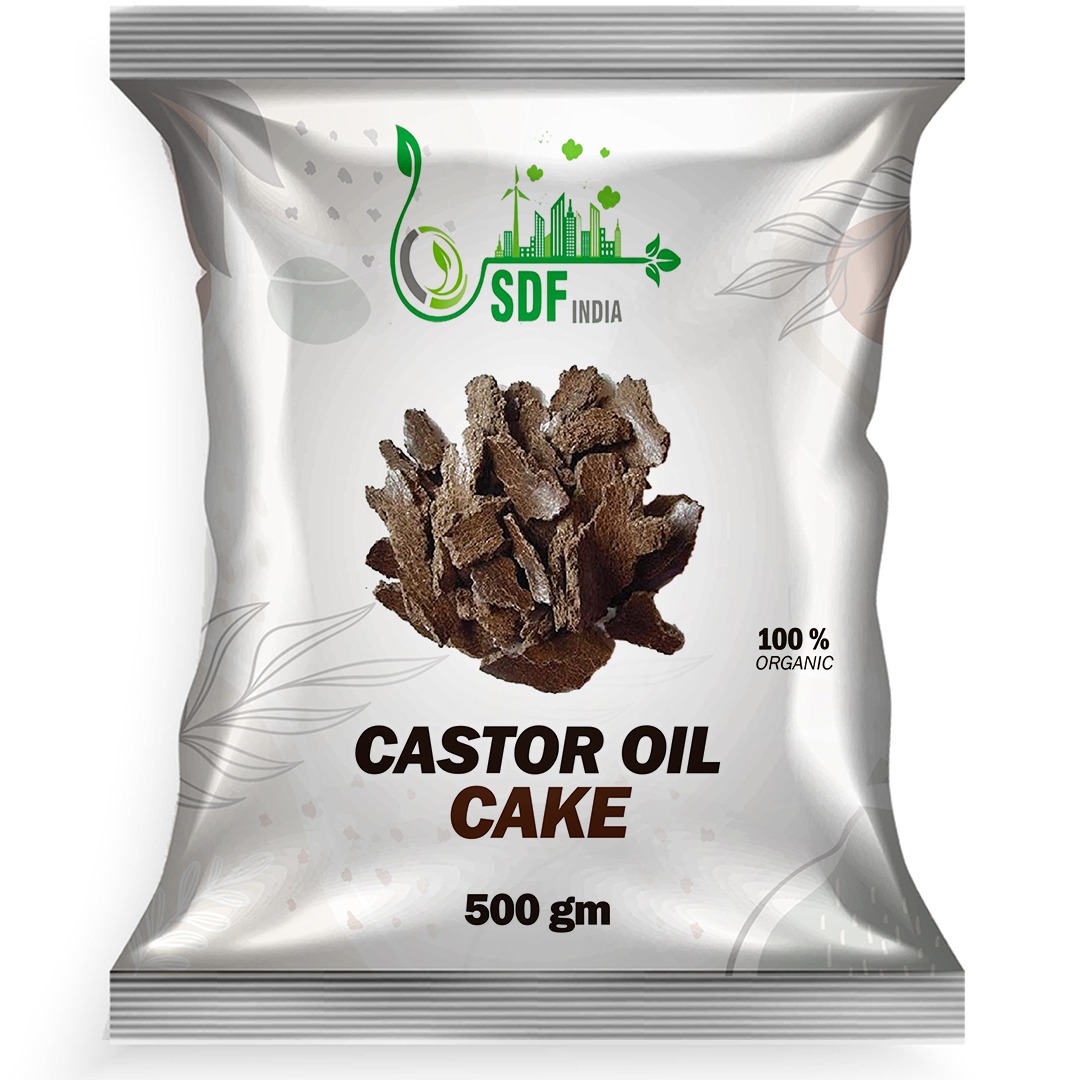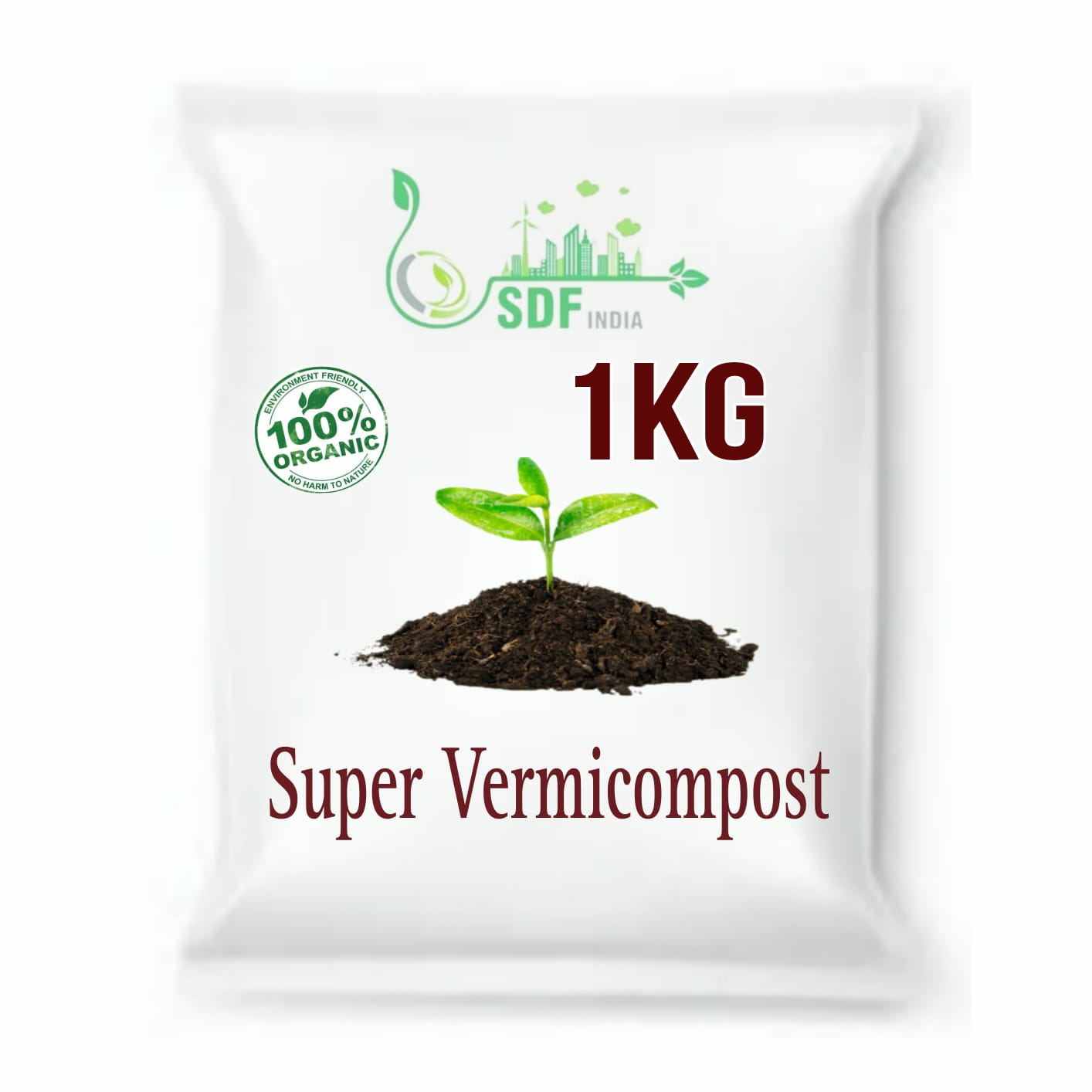Epsom salt, also known as magnesium sulfate, is a type of mineral compound that contains magnesium, sulfur, and oxygen. It is named after the town of Epsom in England, where it was first discovered in natural springs.When dissolved in water, Epsom salt releases magnesium and sulfate ions, which are easily absorbed through the skin. This makes it a popular ingredient in bath salts and foot soaks, as it is believed to help relax muscles, reduce inflammation, and improve circulation.Epsom salt has a variety of uses, including as a natural remedy for sore muscles, as a laxative, and as a fertilizer for plants. When added to warm bath water, it can help to soothe tired and aching muscles, reduce inflammation, and promote relaxation.
As a laxative, Epsom salt can help to relieve constipation by drawing water into the colon, which softens the stool and makes it easier to pass. However, it is important to use Epsom salt as directed and to consult a doctor before using it as a laxative, as it can be dangerous if used improperly.
Epsom salt, also known as magnesium sulfate, is a type of mineral compound that contains magnesium, sulfur, and oxygen. It is named after the town of Epsom in England, where it was first discovered in natural springs.When dissolved in water, Epsom salt releases magnesium and sulfate ions, which are easily absorbed through the skin. This makes it a popular ingredient in bath salts and foot soaks, as it is believed to help relax muscles, reduce inflammation, and improve circulation.Epsom salt has a variety of uses, including as a natural remedy for sore muscles, as a laxative, and as a fertilizer for plants. When added to warm bath water, it can help to soothe tired and aching muscles, reduce inflammation, and promote relaxation.
As a laxative, Epsom salt can help to relieve constipation by drawing water into the colon, which softens the stool and makes it easier to pass. However, it is important to use Epsom salt as directed and to consult a doctor before using it as a laxative, as it can be dangerous if used improperly.
Epsom salt, also known as magnesium sulfate, is a type of mineral compound that contains magnesium, sulfur, and oxygen. It is named after the town of Epsom in England, where it was first discovered in natural springs.When dissolved in water, Epsom salt releases magnesium and sulfate ions, which are easily absorbed through the skin. This makes it a popular ingredient in bath salts and foot soaks, as it is believed to help relax muscles, reduce inflammation, and improve circulation.Epsom salt has a variety of uses, including as a natural remedy for sore muscles, as a laxative, and as a fertilizer for plants. When added to warm bath water, it can help to soothe tired and aching muscles, reduce inflammation, and promote relaxation.
As a laxative, Epsom salt can help to relieve constipation by drawing water into the colon, which softens the stool and makes it easier to pass. However, it is important to use Epsom salt as directed and to consult a doctor before using it as a laxative, as it can be dangerous if used improperly.
Epsom salt, also known as magnesium sulfate, is a type of mineral compound that contains magnesium, sulfur, and oxygen. It is named after the town of Epsom in England, where it was first discovered in natural springs.When dissolved in water, Epsom salt releases magnesium and sulfate ions, which are easily absorbed through the skin. This makes it a popular ingredient in bath salts and foot soaks, as it is believed to help relax muscles, reduce inflammation, and improve circulation.Epsom salt has a variety of uses, including as a natural remedy for sore muscles, as a laxative, and as a fertilizer for plants. When added to warm bath water, it can help to soothe tired and aching muscles, reduce inflammation, and promote relaxation.
As a laxative, Epsom salt can help to relieve constipation by drawing water into the colon, which softens the stool and makes it easier to pass. However, it is important to use Epsom salt as directed and to consult a doctor before using it as a laxative, as it can be dangerous if used improperly.
Epsom salt, also known as magnesium sulfate, is a type of mineral compound that contains magnesium, sulfur, and oxygen. It is named after the town of Epsom in England, where it was first discovered in natural springs.When dissolved in water, Epsom salt releases magnesium and sulfate ions, which are easily absorbed through the skin. This makes it a popular ingredient in bath salts and foot soaks, as it is believed to help relax muscles, reduce inflammation, and improve circulation.Epsom salt has a variety of uses, including as a natural remedy for sore muscles, as a laxative, and as a fertilizer for plants. When added to warm bath water, it can help to soothe tired and aching muscles, reduce inflammation, and promote relaxation.
As a laxative, Epsom salt can help to relieve constipation by drawing water into the colon, which softens the stool and makes it easier to pass. However, it is important to use Epsom salt as directed and to consult a doctor before using it as a laxative, as it can be dangerous if used improperly.


